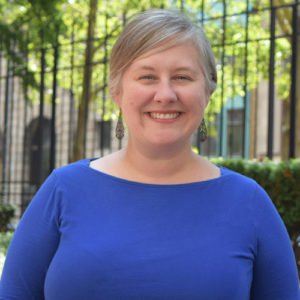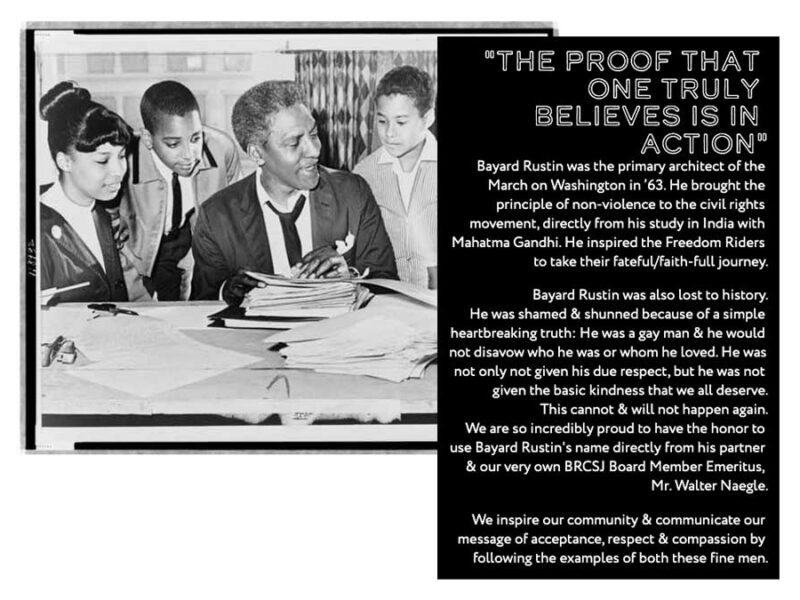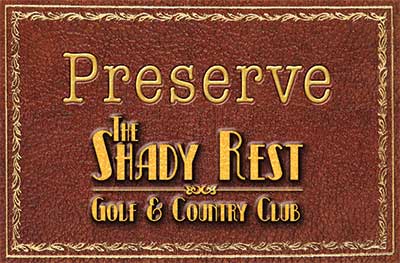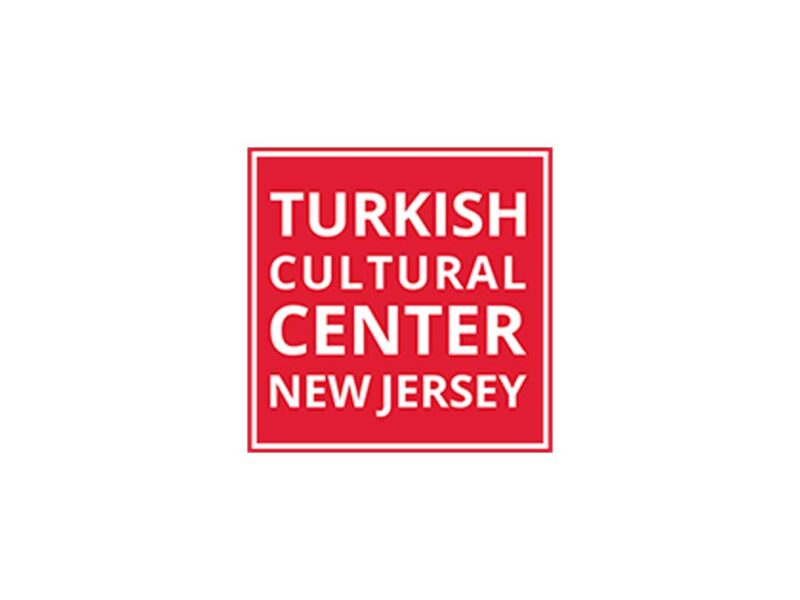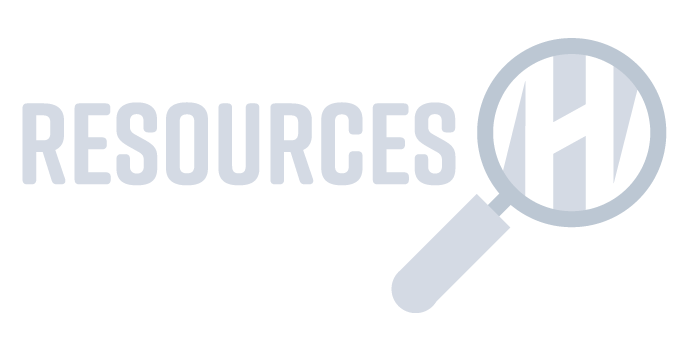Getting Started
We know that applying for grants can be tricky. Sometimes it’s even hard to figure out where to begin. Check out these tips for getting started, especially if this is your first time seeking a grant from us.
1. Make sure you’re eligible to apply.
Only New Jersey-based nonprofit organizations or government entities are eligible to apply for NJCH grants. Applicants will need to have an EIN or NJ tax-exempt number to apply and be in good standing with state and federal tax entities. Since NJCH regrants federal funds from the National Endowment for the Humanities, applicants will also need to submit a SAM.gov UEI (Unique Entity ID) with the final application.
If you do not already have a UEI, we recommend you get started on obtaining one from SAM.gov as soon as possible. Please note that completing the full SAM.gov registration process is not a requirement. Organizations can apply for a UEI only without completing the full registration. If you have any questions, please let us know. NJCH program officers can help you navigate the process.
2. Understand the purpose of our grants.
NJCH offers project grants to support the development and implementation of public humanities projects for NJ-based audiences. The most competitive applications propose discreet projects that have a clear beginning, middle, and end. Our grants are small, so projects that are simple and straightforward tend to be the most competitive. NJCH grants do not provide general operating support and cannot be used to support work outside of the public humanities.
3. Review our grant guidelines.
Once you have confirmed that your proposal is humanities-based and your organization is eligible to apply for a grant, it will be important to make sure that your organization can meet the other requirements of our grants. Our guidelines are updated each year, so we recommend reviewing the guidelines even if you have previously applied for NJCH funding.
4. Select a grant type.
The next step is to pick the grant type that aligns most closely with your organization’s goals, priorities, and available timeline. Our list of available grants changes occasionally, so we recommend reviewing our offerings to see what best fits your needs.
In addition to grants, NJCH also supports humanities projects and skill-building through various programs. If your work isn’t a good fit for our grants, check out our program offerings—one of them just might be a better fit.
5. Complete an LOI (Letter of Intent)
Once you’ve decided which grant to apply for, you’ll need to submit an LOI using our online grant system. The LOI is not competitive; it just provides a quick way for NJCH staff to determine that your organization is eligible to apply for a grant and that your project is appropriate for NJCH funding before you complete a full application. LOIs are accepted and approved on a rolling basis throughout the LOI period. We strongly advise you to submit your LOI early, especially if you’d like to schedule a consultation with NJCH staff or have a draft of your proposal reviewed.
Are you ready?
- Yes! If you're ready, please continue on to access the guidelines PDF and online application.
- Not Sure! Feel free to contact us with any questions.
Grant Guidelines
The grant guidelines provided below both outline technical requirements for grant proposals and serve as a helpful reference guide for organizations completing proposals. Please reference the guidelines when looking for answers to your questions. If something isn't clear, just ask us! (Really!)
Take the next step
INCUBATION GRANTS
($3,000 - $15,000)
Incubation Grants support the planning and development of public humanities projects for New Jersey-based audiences.
AcTION GRANTS
($3,000 - $15,000)
Action Grants support the implementation of developed public humanities projects for New Jersey-based audiences.
Connect with us
If you have questions we’re here to help. Promise!
NJCH offers multiple ways for interested organizations to learn more about our grant programs, receive feedback, and obtain assistance during the grant process, including:
- Workshops
- Written guidance
- One-on-one meetings with NJCH program staff
Please review the grant guidelines to learn what resources are currently available to your organization for a particular grant opportunity or contact us at grants@njhumanities.org.
We also recommend you follow us on Facebook, Twitter, and LinkedIn and sign up for our email list to receive information about upcoming workshops, events, and funding opportunities.
People
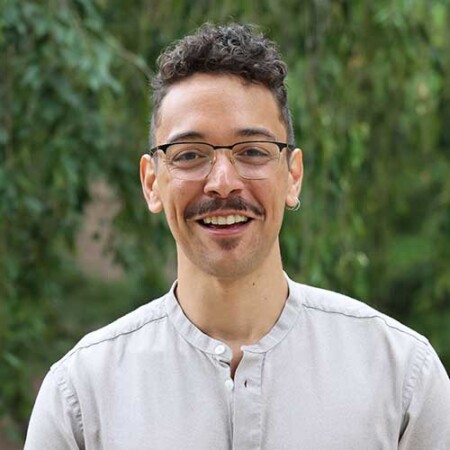
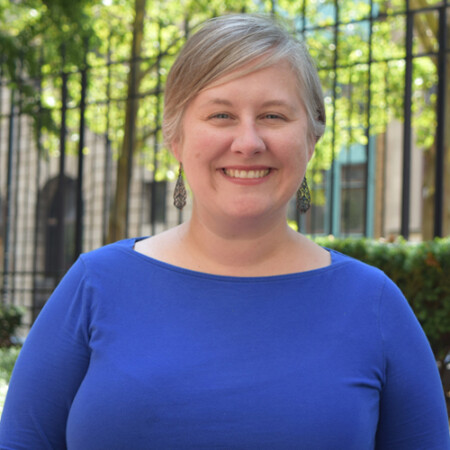
Grant Workshops
NJCH is pleased to offer informational webinars for anyone interested in applying for an NJCH (or other) grant. Please click the event links below for information and RSVP. Webinars will be recorded and posted to the NJCH website and Youtube channel after the events have concluded.
Watch "Creating an Outstanding Proposal - Narrative" (Spring 2024) and other past webinar recordings on our Youtube channel.
2023-2024 Grants Calendar
Action and Incubation Grants
Organizations can apply for either an Incubation or an Action Grant during each grant round. You must choose one or the other; you cannot apply for both an Incubation and an Action Grant at the same time. Please note that LOIs are accepted and approved on a rolling basis throughout the LOI period. We recommend submitting early!
Meet Our Grantees
Header photo © Yogi Berra Museum & Learning Center

